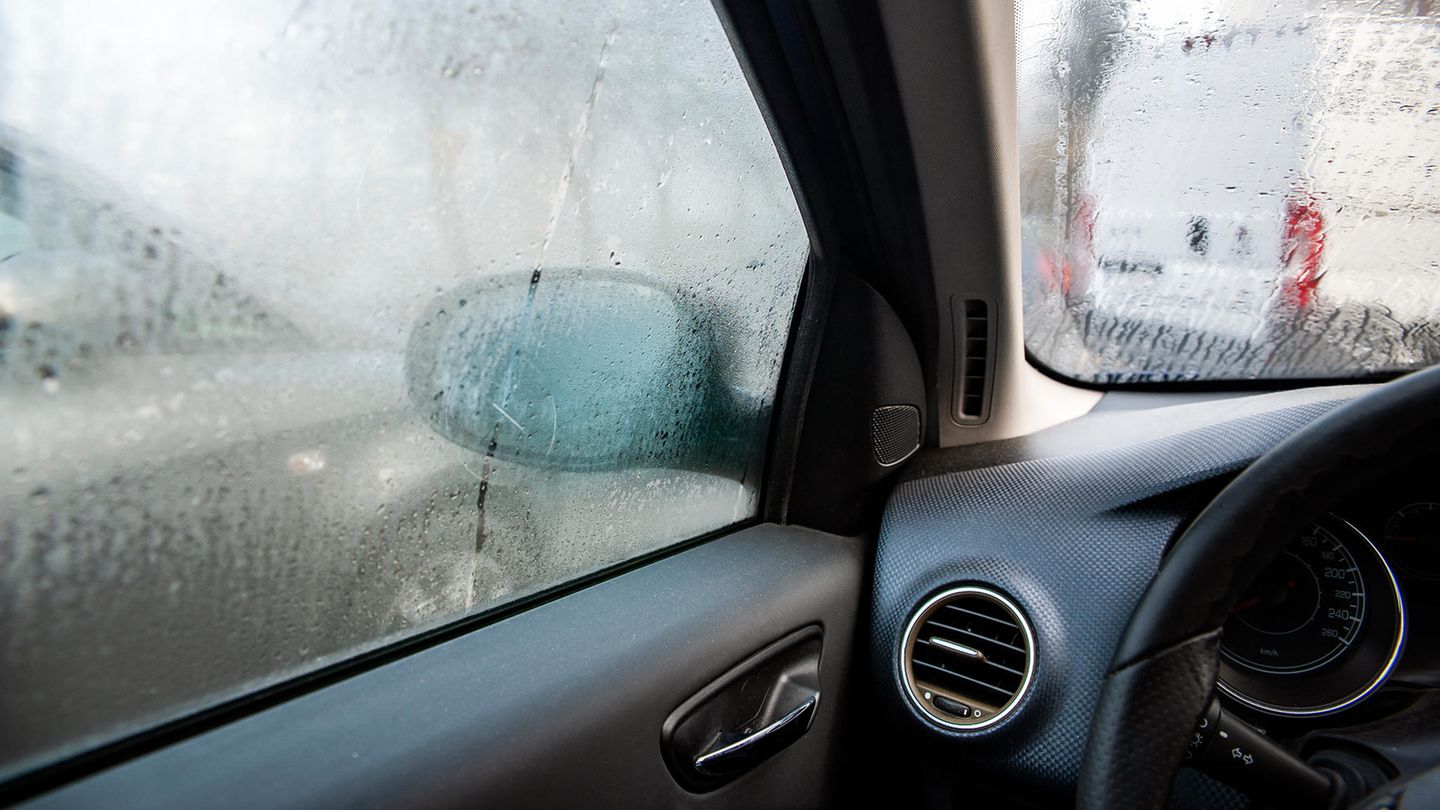Tunisia should cooperate better with deportations and put a stop to smugglers. But Faeser knows she also has something to offer the Tunisians. More work visas will probably not do the trick.
Federal Minister of the Interior Nancy Faeser has sounded out possibilities for a future agreement on migration issues in Tunisia. With a view to the dangerous crossings with tugboats, the SPD politician said in the capital Tunis that it was also about “ending the terrible deaths in the Mediterranean”.
Faeser had previously held talks with Interior Minister Kamel Fekih and President Kais Saied. It was possible to establish “work structures”, said Faeser. According to participants, human rights issues were also discussed.
Criticism of the planned reform of the Common European Asylum System came from the ranks of the Greens last week. An argument that came up several times: Tunisia should not be regarded as a so-called safe third country, i.e. a country in which the rights of refugees are protected.
increase in migrants
The background to Faeser’s visit is a sudden increase in the number of migrants who set off from Tunisia to Europe in self-made boats in the first half of the year. According to the federal police, one reason for this was statements by President Saied that led to a wave of violence and harassment against foreigners from sub-Saharan Africa in February. But the economic crisis in Tunisia also drove many people into the boats. The recognition rate for asylum seekers from Tunisia was recently less than two percent.
Federal police officials, who have been running a project for training and equipping security forces in Tunisia since 2015, reported to the minister on Sunday evening that in the days following the president’s speech, practically no migrants from these countries dared to take to the streets. The situation calmed down later.
Faeser emphasized that on the one hand she was concerned with facilitating deportations to the Arab country. On the other hand, Tunisian workers should have more opportunities to migrate to Germany for work. Faeser is visiting Tunisia with her French counterpart Gérald Darmanin. The former colonial power France traditionally has close ties to Tunisia. Last year, however, it was not France but Italy that was Tunisia’s most important trading partner.
Tunisia as a transit country
Alongside Belarus, Tunisia is currently one of the most important transit countries for irregular migration to Europe. According to the Federal Police, around 26,000 people came this way in the first five months alone, after around 4,000 boat migrants in the same period last year. Among the irregular migrants are Tunisians hoping for a better life in Europe.
At the end of 2022, the federal government had agreed a so-called migration agreement with India. Georgia and Moldova are to follow soon – even if the classification of these two countries as so-called safe countries of origin discussed in the federal government could take a little longer.
Tunisia was once the cradle of the so-called Arab Spring, a series of uprisings that swept away several longtime Arab rulers in 2011. Former Tunisian President Zine al-Abidine Ben Ali fled to Saudi Arabia at the time. After initial democratic progress, disillusionment spread in Tunisia, partly because of the persistently high youth unemployment. Tunisia also needs foreign currency and is courting foreign investment.
A week ago, EU Commission President Ursula von der Leyen was in Tunis. She promised the country, which was suffering from economic problems, additional financial aid of up to 900 million euros. Italy’s Prime Minister Giorgia Meloni and Dutch Prime Minister Mark Rutte also attended the meetings.
Source: Stern
I have been working in the news industry for over 6 years, first as a reporter and now as an editor. I have covered politics extensively, and my work has appeared in major newspapers and online news outlets around the world. In addition to my writing, I also contribute regularly to 24 Hours World.




